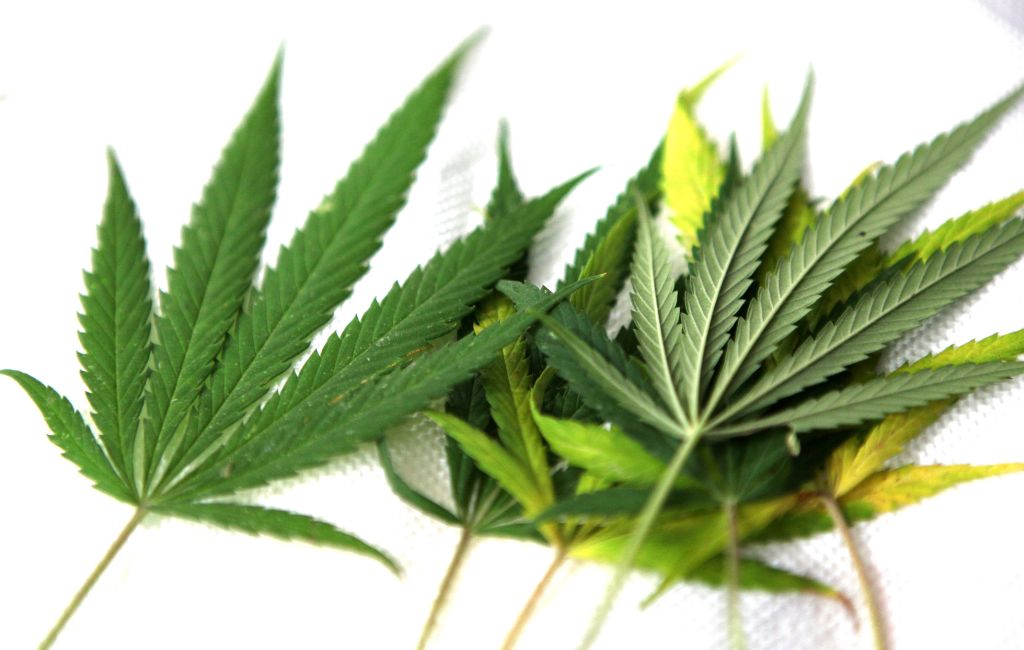Potent THCa Flower: Power-Packed Relief
The world of cannabis is ever-evolving, with new discoveries and innovations continually reshaping our understanding of this versatile plant. One such discovery is the THCa flower, a non-psychoactive compound that has gained attention for its potential therapeutic benefits. This article explores the power-packed relief offered by potent THCa flower, examining its properties, benefits, and real-world applications.
Understanding THCa: The Basics
THCa, or tetrahydrocannabinolic acid, is a cannabinoid found in raw cannabis plants. Unlike THC, which is known for its psychoactive effects, THCa does not produce a “high.” This is because THCa is the precursor to THC and only converts to THC through a process called decarboxylation, which occurs when cannabis is heated.
THCa is abundant in fresh cannabis and is often consumed in its raw form to harness its potential health benefits without the psychoactive effects associated with THC. This makes it an attractive option for individuals seeking relief without the high.
Potential Health Benefits of THCa
Research into THCa is still in its early stages, but preliminary studies and anecdotal evidence suggest a range of potential health benefits:
- Anti-inflammatory Properties: THCa has shown promise in reducing inflammation, which could be beneficial for conditions such as arthritis and other inflammatory diseases.
- Neuroprotective Effects: Some studies suggest that THCa may help protect brain cells, potentially offering benefits for neurodegenerative diseases like Alzheimer’s and Parkinson’s.
- Anti-emetic Properties: THCa may help reduce nausea and vomiting, making it a potential option for individuals undergoing chemotherapy or experiencing other forms of nausea.
- Appetite Stimulation: THCa may help stimulate appetite, which can be beneficial for individuals dealing with appetite loss due to medical conditions or treatments.
Real-World Applications and Case Studies
Several case studies and real-world applications highlight the potential of THCa flower in providing relief for various conditions:
Case Study: Arthritis Relief
A 2018 case study explored the effects of THCa on a patient with rheumatoid arthritis. The patient reported significant reductions in pain and inflammation after incorporating THCa into their treatment regimen. This case underscores the potential of THCa as a natural alternative for managing arthritis symptoms.
Case Study: Neurodegenerative Disease
In another case, a patient with Parkinson’s disease experienced improvements in motor function and a reduction in tremors after using THCa. While more research is needed, this case suggests that THCa may offer neuroprotective benefits for individuals with neurodegenerative conditions.
How to Use THCa Flower
THCa flower can be consumed in various ways, each offering unique benefits:
- Raw Consumption: Consuming raw cannabis leaves or flowers in smoothies or salads allows individuals to benefit from THCa without any psychoactive effects.
- Tinctures and Oils: THCa tinctures and oils provide a convenient way to incorporate THCa into daily routines, offering precise dosing and easy administration.
- Topicals: THCa-infused creams and balms can be applied directly to the skin, providing localized relief for pain and inflammation.
Legal Considerations
The legal status of THCa varies by region, as it is often classified alongside THC. It’s important for consumers to be aware of local laws and regulations regarding cannabis products. In some areas, THCa products may be available through medical cannabis programs, while in others, they may be restricted or prohibited.
Conclusion
THCa flower represents a promising avenue for those seeking relief from various health conditions without the psychoactive effects of THC. With its potential anti-inflammatory, neuroprotective, and anti-emetic properties, THCa offers a natural alternative for individuals looking to enhance their well-being. As research continues to unfold, the therapeutic potential of THCa is likely to become more widely recognized, paving the way for new applications and innovations in the cannabis industry.
